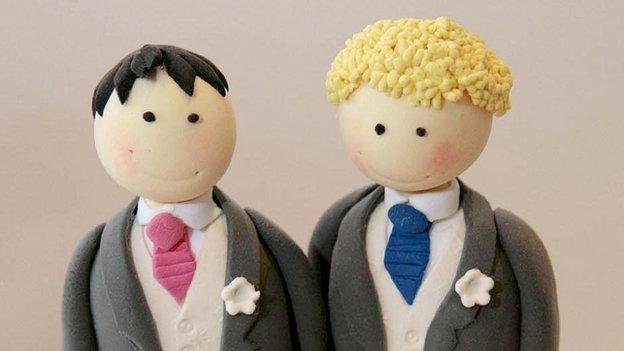No hot exchanges in Belfast 'gay cake' case
- Published
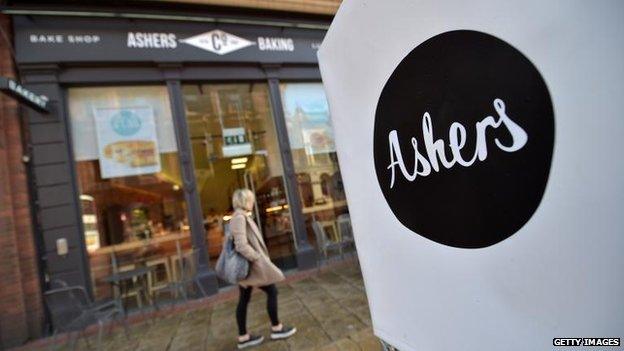
Ashers Baking Company faces a discrimination case
The public debate over the 'gay cake' controversy may have been heated, but the three-day court case was a chilly affair.
At one stage, the judge told staff to turn up the court heaters as a result of the low temperature in Court 12.
There was also a coldness to the proceedings, compared to the hot and heavy exchanges in the media on the issue.
There was no heckling, no shouting, no jeering.
In fact, the only time the volume was raised in court was when a journalist's mobile telephone rang loudly for 30 seconds, as the owner frantically fumbled around, failing to find the off-button.
There was respect between the legal teams, politeness from the witnesses and a respectful atmosphere inside the courtroom, including the packed public gallery.
A number of gay rights activists were present as were unionist politicians including Edwin Poots and Jim Allister.
The air of calm seemed to take the authorities by surprise.
On day one, a group of police officers was stationed outside Court 12. By day two, they had gone.
At the centre of the case was Gareth Lee, a gay rights activist whose order for a cake bearing the slogan 'support gay marriage' was turned down. The Equality Commission supported his case.
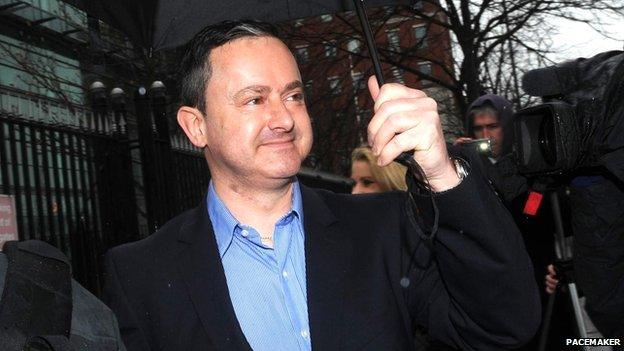
Gareth Lee, who placed the cake order with Ashers, said the refusal made him feel 'unworthy'
They claimed he was discriminated against on the grounds of his sexual orientation.
Mr Lee sat on the left-hand side of the court. The baker from Ashers bakery who turned down his order for the cake, Karen McArthur, sat on the other side.
Beside her was her husband, Colin, one of her three sons, Daniel, and her daughter-in-law Amy. They are a close-knit Christian family and they sat in the same seats each day.
The most tense moment in court came when Karen McArthur was questioned about why she initially accepted Gareth Lee's order and then rang him a few days later to tell him that it was being cancelled.
"In my heart I knew I would not be able to put that (slogan) on the cake," she said
"I didn't want to embarrass him or have a confrontation in the bakery."
So was Mr Lee's order turned down because he was gay?
No, insisted Mrs McArthur. She did not know he was gay, and it would not have mattered even if she did.
Ashers would not have been prepared to make a cake with a pro-gay marriage slogan for anyone.

Daniel McArthur testified that he had telephoned a church elder to "ask his thoughts" on the matter
The point was emphasised by the family's barrister, David Scoffield QC - "the issue was the cake not the customer".
However, Gareth Lee felt he was discriminated against.
He told the court that after ordering the cake and paying for it, only to be told two days later that his order had been rejected: "It made me feel unworthy, a lesser person."
It will be up to district judge Isobel Brownlie whether these feelings were as result of discrimination or not.
At the outset of the case, Mr Lee's barrister Robin Allen QC advised the judge to bear in mind "law must not be determined by those who shout loudest".
It set the tone for three days of complex but courteous legal argument.
Never has a courtroom heard so much evidence about the process behind icing a sponge cake. At one stage, one of the barristers even talked about his own ability at baking.
It was all a far cry from the angry debate that has raged on the media airwaves and political forums for the past nine months.
This was a civil case in every sense.
- Published30 March 2015
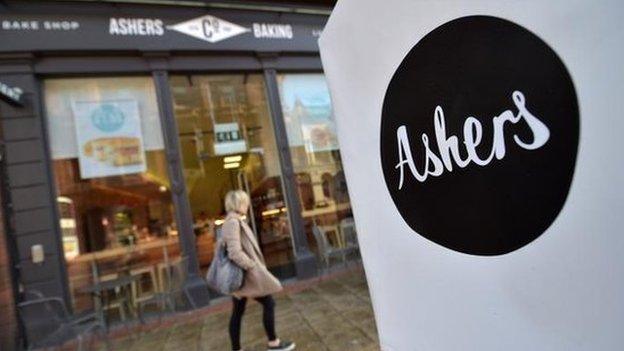
- Published6 January 2022
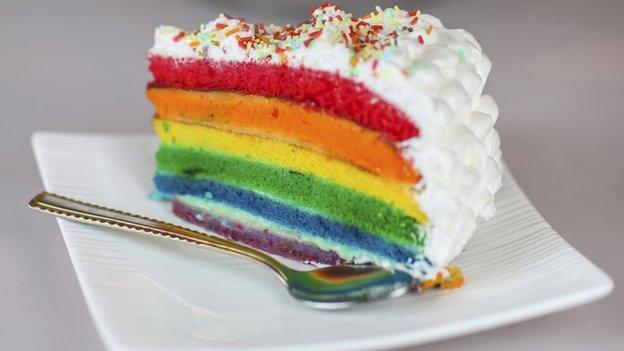
- Published27 March 2015

- Published26 March 2015
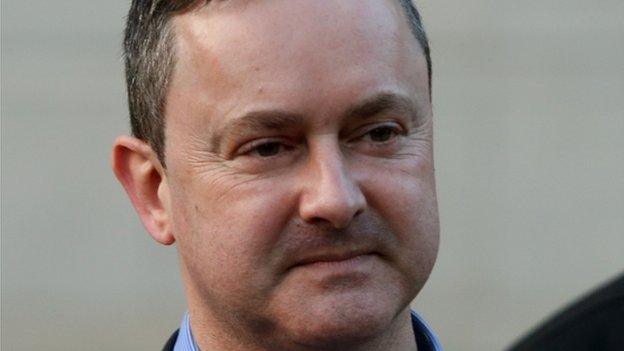
- Published26 March 2015
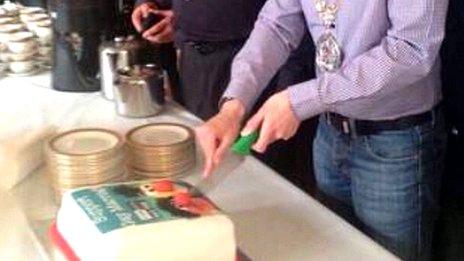
- Published5 March 2015
